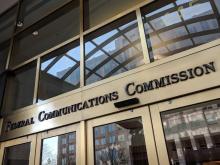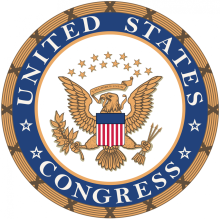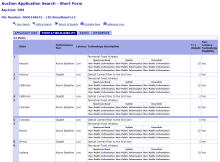ILSR, Tribal Nations, and Other Groups Call For Tribal Licensing Window in Upcoming Spectrum Auction
This week, the Institute for Local Self-Reliance joined with other public interest groups and Tribal nations to urge the Federal Communications Commission (FCC) to adopt a Tribal Licensing Window (TLW) in the upcoming auction of Upper C-Band spectrum.
“Meaningful access to licensed spectrum is critical for addressing persistent connectivity gaps on Tribal lands,” the comment states. A Tribal Licensing Window “is a targeted mechanism that helps ensure Tribes have a fair opportunity to [...] exercise self‑determination in broadband deployment.”
First instituted in radio broadcasting in 2010, the use of a Tribal licensing window gained steam in 2020 with the launch of the Tribal Priority Window in the 2.5 Ghz auction.
The 2.5 Ghz opportunity was enormously popular. As the story goes, the FCC expected something on the order of 10 applications from Tribes. Instead, more than 300 unique Tribal entities applied and were awarded licenses covering at least part of their Tribal lands.
And it has been a success. Tribes across the country have incorporated use of the spectrum into their retail broadband, public safety, and Tribal communications systems.
ILSR and other commenters are hopeful that a Tribal Licensing Window in this auction can be even more impactful. For one, this auction pertains to greenfield spectrum - meaning that there are no existing license holders and the spectrum is available across the country - as opposed to the more limited availability in the 2.5 auction, which meant that some Tribes had no or only partial licenses available to them. This offers the chance for Tribes to access many times more spectrum capacity to address gaps in what are some of the most difficult places to build.
Secondly, during the 2.5 auction, the Commission elected to limit participation to Tribes in rural areas. Advocates hope that the FCC will instead permit all federally-recognized Tribes to participate in a C-Band Tribal Licensing Window, and will recognize Tribal trusts as well as reservation lands.









